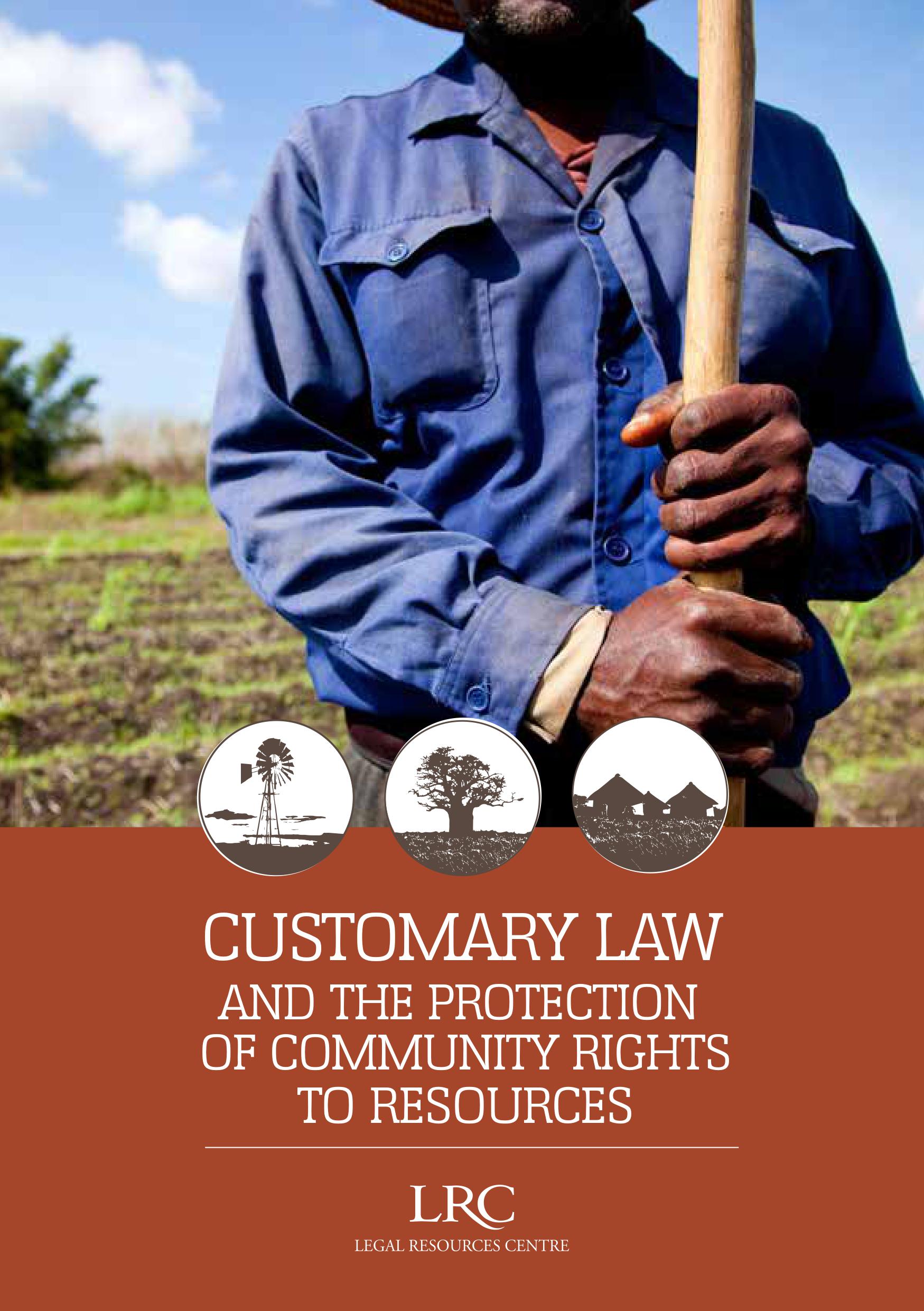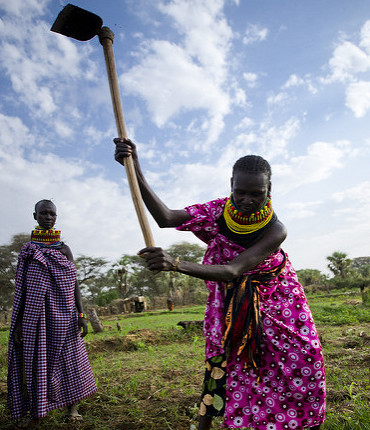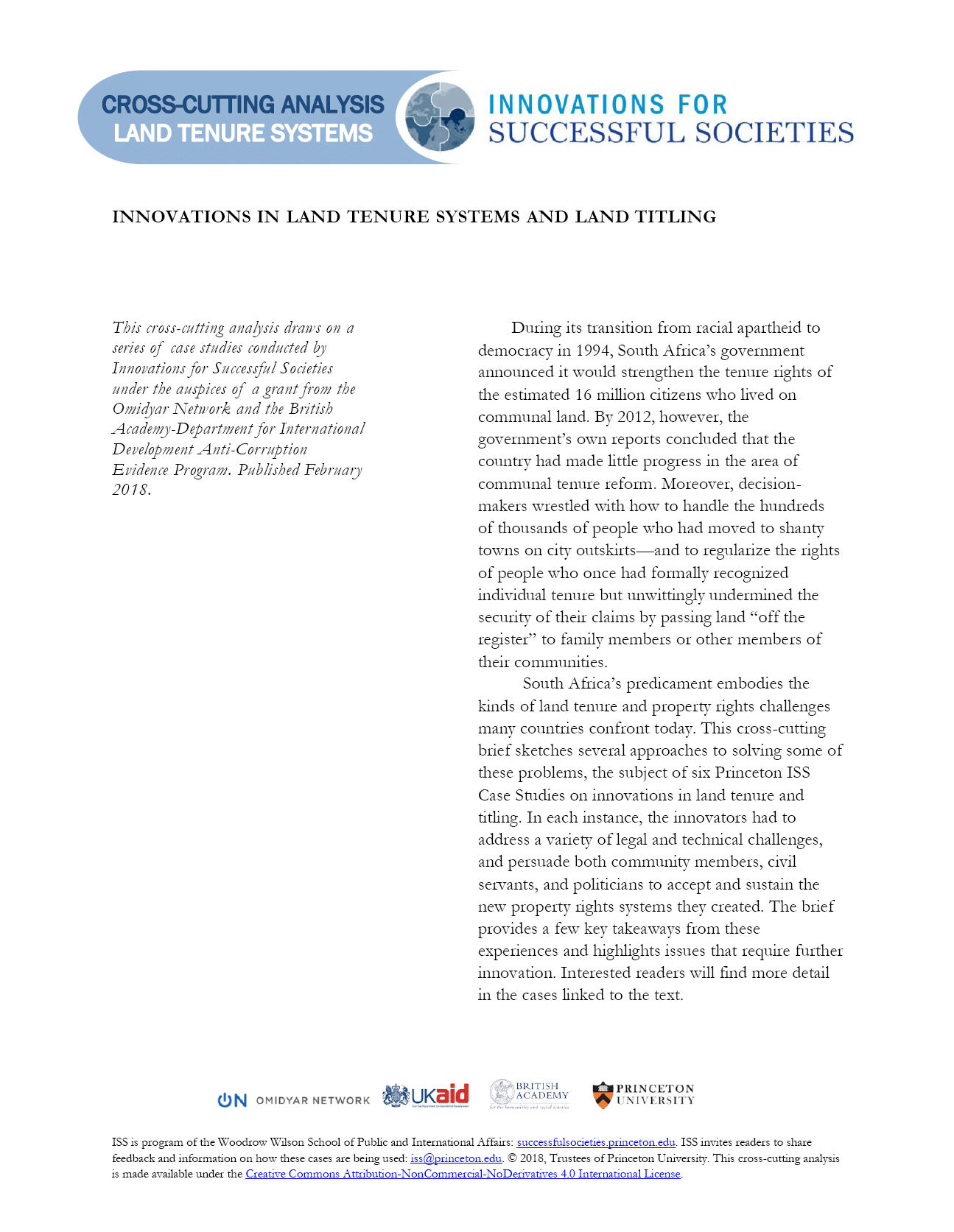Four things that rural mining communities need to know about the Traditional and Khoi-San Leadership Bill
This LARC factsheet highlights lack of requirements for community consultation, lack of sanction if a Traditional Council does not keep proper records and the inadequate controls on Traditional Council's prerorgative to enter into agreements and partnerships which can facilitate elite capture of mineral resource benefits 'for the benefit of communities'.









